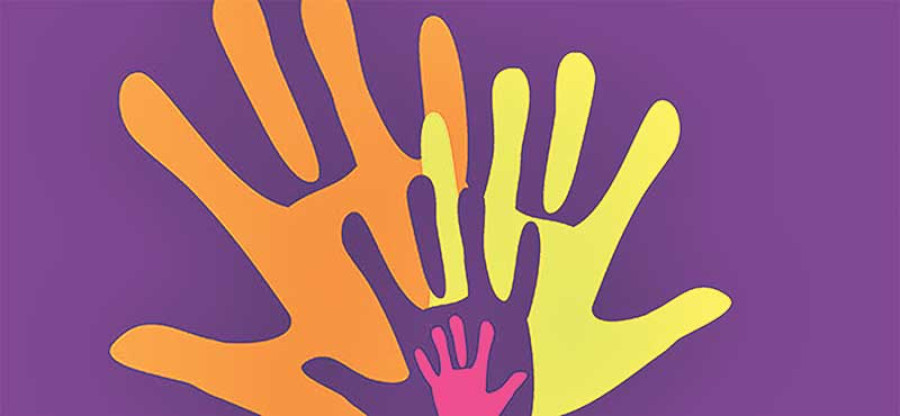Opinion
Written by the winners
History is written by the winners, and the losers do not have a place in it. In the case of Nepal, and more specifically in the case of Dalits, their history has not been written yet.
History is written by the winners, and the losers do not have a place in it. In the case of Nepal, and more specifically in the case of Dalits, their history has not been written yet. Bishe Nagarchi, Bange Sarki, Bhagat Sarvajit Bishwakarma, Saharshanath Kapali and many others have made history in their lifetimes, but their history has been erased, suppressed, hidden and pushed into the background. The history written till date is exclusive. The history of Dalits is not a history of honour and appreciation. Their history is a history of suppression and negation. Their history is a history of political, social, educational, administrative, religious and cultural exclusion. The history writing process is very cruel and exclusionary. History has been written by the haves. So it is not possible for Dalits, being an excluded class, to expect a history that glorifies them.
No easy road
Till date, no Dalit has become a prime minister or deputy prime minister. During the former political system known as the feudal period, Dalits were never given the post of a full minister. Hiralal BK was nominated as state minister by the king who ran the partyless Panchayat system. Golche Sarki was given the post of assistant minister during king Gyanendra’s rule. But they were only placatory lollypops. No Dalit has reached the position of chief of Army staff or deputy chief of Army staff. In the police force too, no Dalit has become an IGP, AIGP, DIGP or SSP.
In the bureaucracy, there are no Dalit secretaries or chief secretaries. No Dalit has become an auditor general, attorney general, vice chancellor, registrar or rector. And no Dalit has headed a major government corporation. These are powerful positions where decisions of national importance are made. These are positions where Dalits can contribute to the country’s development and be an inspiration to the community. But all these positions seem to have been created for non-Dalits and the elite class.
The way state hegemony has been imposed on Dalits, their liberation seems to be a daydream. They have been highly excluded and marginalised from the state mechanism and power. It appears as though Dalits have been deliberately and intentionally marginalised as they have been deprived of citizenship, land ownership, economic activities, quality education, employment, commerce and trade.
Slow justice
Renowned human rights activist Subodh Raj Pyakurel has said, “Dalits are the first and foremost engineer of society who have contributed their skills and knowledge to running society and the nation. They made agricultural instruments and equipment, home utensils, ornaments, clothes and shoes that allowed human beings to hold their heads high. Can this be ignored? No, this is commendable and needs to be included in history with honour and appreciation.”
After the decade-long People’s War and 19-day historic People’s Movement of 2006-07, the state seems to have become inclusive from the Dalit perspective too. Dalit leaders Chhabilal Bishwakarma, Khadga Bahadur Bishwakarma, Daljit BK Shreepaili and Mahendra Paswan from the CPN-UML and CPN (Maoist) were made full ministers. Two Dalits have been appointed as ambassadors. In 2015, a new constitution was promulgated. Nepal as a federal democratic republic and secular state has made some good provisions like proportional representation, affirmative action and social justice.
Due to an inclusive Civil Service Act, Man Bahadur BK and Ashok Shreepaili have reached the position of joint secretary. Sita Pariyar is the only Dalit woman local development officer and chief district officer. And among the 597 Members of Parliament, 40 are from the Dalit community. Things are improving, but not fast enough. The state must do more to ensure an inclusive state so that Dalits get an honourable place in history as they have been neglected and sidelined for so long.
Mijar is the vice-chairperson of the Dalit NGO Federation (DNF) and is pursuing an MPhil in English from Tribhuvan University




 9.7°C Kathmandu
9.7°C Kathmandu









